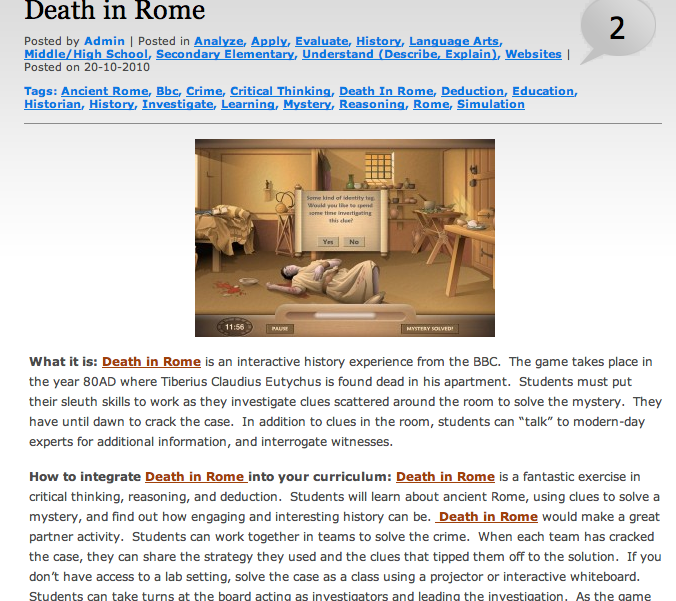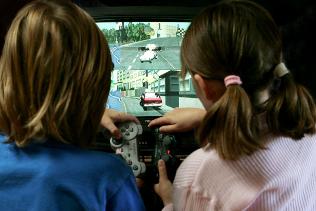Hamish Curry, Education Manager at the State Library of Victoria reflects on gaming and playfulness after recently taking part in conferences in Auckland and Melbourne.
Games and playful thinking have been popping up a lot for me recently, more so than usual.
There seems to be a shift in the discussion from the games people play to how games both reflect and add to the culture of our workplaces and public spaces. School libraries can potentially be a hub for this kind of discussion enabling the exploration of games and apps that contribute to our understanding of digital literacy, deep reading and game elements.
In digging deeper I headed along to the inaugural Penny Arcade Expo (PAX) from July 19-21. Here more than 40,000 gamers descended on the Melbourne Show grounds to indulge in games from all kinds of mediums: card games, board games, video games, and talks about games. The scale was overwhelming. It was a powerful physical reminder of just how ubiquitous and diverse games are, as well as how rich the networks and local game development scene are too. I spoke on a panel about The Playful Library exploring the ways in which library spaces can be designed and co-programmed to support games culture. If libraries are keen to engage with the community, then games become a powerful way to bring playfulness and partnerships into their spaces.
Speaking of spaces, I was New Zealand bound the following day to participate in the Auckland City Council’s Hui ‘New Rules of Engagement: Future Directions for Children’s and Youth Services at Auckland Libraries’. This two-day event explored the ‘serious business of being playful’ and brought about 180 staff together to discuss how library spaces can be revitalised, redesigned and reprogrammed to better support families and youth services. There was a strong sense of community driven perspectives coming through the sessions, which also included a workshop on building bridges with newspaper whilst being shot at with Nerf guns! Clearly the play potential of libraries was a key focus, and the energy of the room suggested that the tenacity and eagerness of staff was certainly there.
The themes of risk, innovation, and opportunity kept surfacing. Something that also surfaced during this Hui was an article I’d written for the Schools Catalogue Information Service on Games and learning. In it I explore the ways in which games complement and contrast with education, and how control is always shifting.
Being playful reminds us all that control is at once a state of mind and an opportunity to do things differently.
Image credit: Steam punk nerf guns at Auckland Libraries Hui – librarians vs children!



